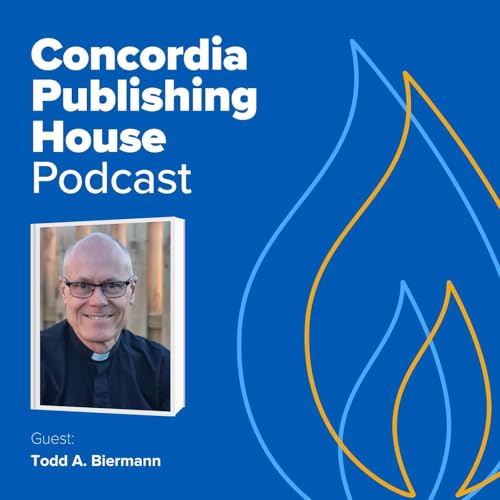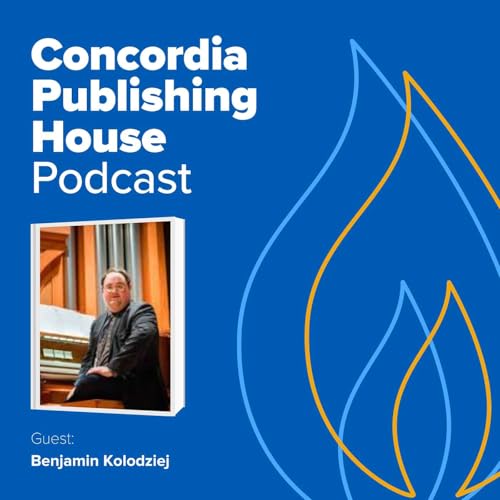On this episode of The Concordia Publishing House Podcast, host Elizabeth Pittman is joined by guest and author Rev. Dr. R. Reed Lessing. The pair discusses Reed‘s newest book with CPH, Hope in the Wilderness: Practical Insights from the Book of Numbers, which tackles the Book of Numbers in a chapter-by-chapter exploration.
Get the book today at cph.org.
Show Notes
In-between times. You’ve likely been here too. Waiting for a new job to start. Transitioning from engaged to married. Packing up your belongings but unable to move into that new house yet. The Book of Numbers is also about the in-between times and, most importantly, how to survive during them.
Listen to the episode now as author R. Reed Lessing discusses how his newest book helps you tackle the Book of Numbers with helpful maps, diagrams, and connections to the rest of the Bible. Reed also talks about why studying the Book of Numbers is valuable, who the Levites were and what we can learn from them today, why the ark of the covenant is important, what lessons we can take away from Numbers, and more.
Questions
- Why is a study of Numbers worth the journey?
- Who are the Levites? What should we know about their role? What can our pastors today learn from them?
- How does Numbers equip us for the in-between times?
- What’s the danger of not learning how to embrace the in-between times?
- We hear the Aaronic benediction in worship—give us a closer look at this blessing. Does it have a trinitarian framework?
- What is “Vitamin F” and why do we need it?
- Why is the ark of the covenant important?
- What can we learn from what you call “the worst day of Moses’ life”?
About the Guest
Dr. R. Reed Lessing is The Edwin F. and Esther L. Laatsch Chair of Old Testament Studies at Concordia University, St. Paul, Minnesota. He also serves as the University’s Director for the Center of Biblical Studies and oversees the University’s Pre-Seminary Program. Previously, he was Senior Pastor at Saint Michael Lutheran Church, Fort Wayne, Indiana, and before that, Professor of Exegetical Theology and Director of the Graduate School at Concordia Seminary, St. Louis, Missouri. He was born and raised in Denver, Colorado, and received a B.A. in pre-seminary studies from St. John’s College, Winfield, Kansas, in 1981. He earned his M.Div. (1985), S.T.M. (1989), and Ph.D. (2001) degrees from Concordia Seminary, St. Louis, Missouri. He was ordained into the office of the holy ministry on June 29, 1986. From 1986 to 1999, he served pastorates in West Monroe, Louisiana, and Broken Arrow, Oklahoma.
 28 分
28 分 2026/01/3140 分
2026/01/3140 分 25 分
25 分 2026/01/2140 分
2026/01/2140 分 2025/11/0524 分
2025/11/0524 分 28 分
28 分 40 分
40 分 45 分
45 分
